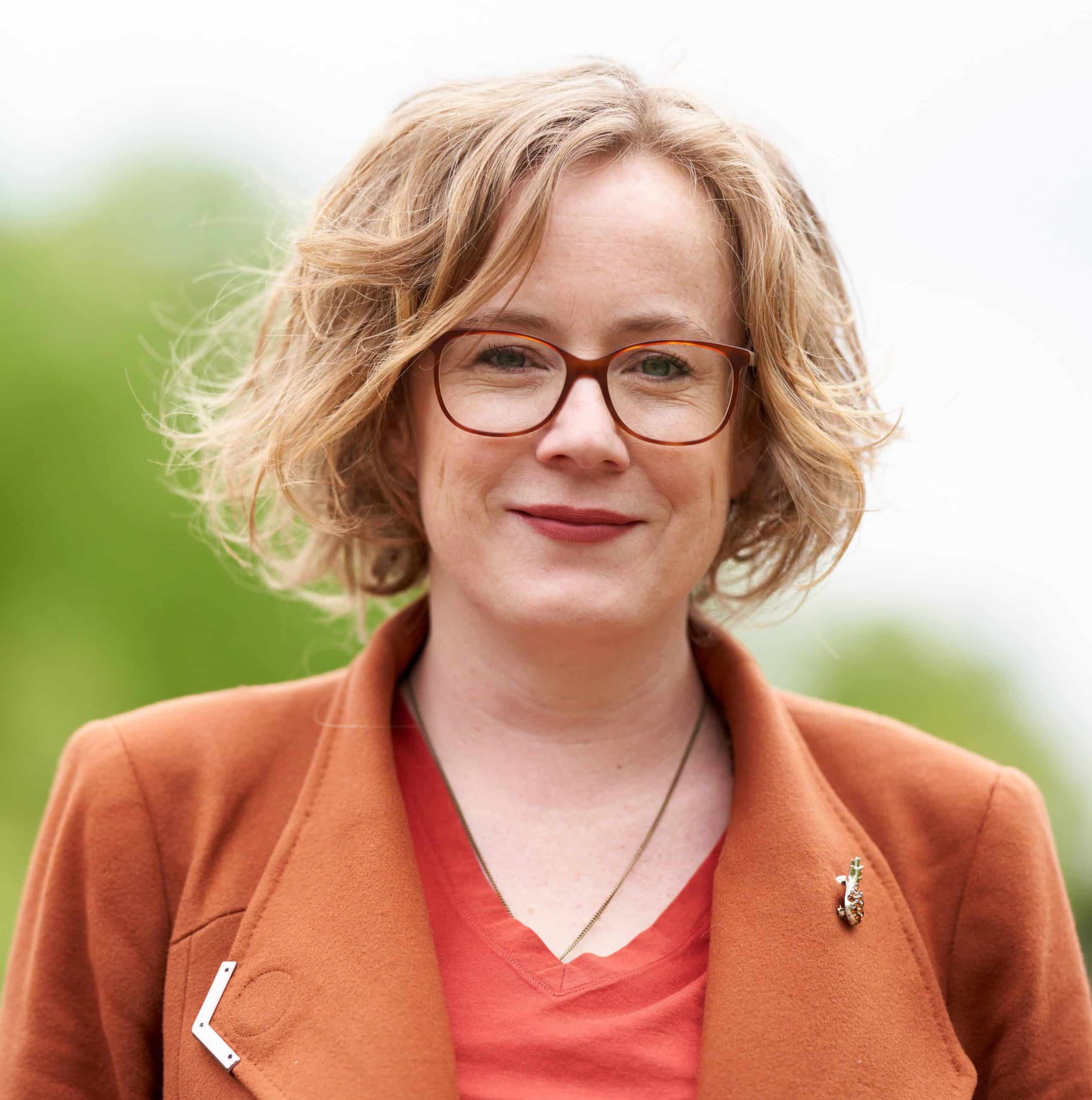Jane Gregory
Misophonia researcher
As a kid, the smallest sounds used to drive me absolutely mad. They were noises that most people barely noticed, like a tap dripping, pens clicking or people chewing gum. I grew up in Australia, where there are plenty of things to be rightfully afraid of, and I couldn’t understand why my brain was sending me into fight or flight over the sound of pigeons cooing outside my window. Fast forward a couple of decades and I finally discovered a word for my issue with sounds: misophonia.
When I first read about misophonia, I was living in the UK, working as a clinical psychologist in an NHS service for people with obsessive compulsive disorder and post-traumatic stress disorder. I started wondering whether any of the techniques we used for OCD and PTSD could potentially help with misophonia. At the time, there were only a handful of research papers published on misophonia. I decided to make the transition from clinical psychologist to clinical researcher so that I could study this mysterious phenomenon.
I joined forces with a researcher at King’s College London, who was an expert in using fancy maths to help create questionnaires that measure ideas which can’t be objectively assessed in any way. She also happened to have misophonia. We created a questionnaire called the S-Five, which can capture various aspects of misophonia and can be used in research and by health professionals to help understand the condition better and to see if things change over time or after treatment. (You can find out more about the S-Five Project on this Facebook page.)
For the last five years, I have worked full time on misophonia research. I’m interested in whether there is anything we can do differently that might change the intensity of our reactions to sounds. I supervise trainee clinical psychology research projects, looking at whether we can change our focus of attention when bothered by sounds, and what families do to help their children with misophonia. I also supervise therapists in an NHS service seeing people with misophonia, and our work together helps me to come up with ideas for what we can test out in research.
I love telling people about misophonia in fun and interesting ways. In fact, some may say it’s hard to get me to shut up about it. I have been interviewed for TV, radio, newspapers and podcasts all around the world. I dabble in science comedy, appearing at music festivals and nerdy comedy nights. I’m married to a comedian who happens to have a deviated septum after taking a football to the face, and we have been performing at comedy festivals with our show, If You Loved Me, You’d Breathe Quietly. I wrote a book, Sounds Like Misophonia: How to stop small noises from causing extreme reactions, which shares stories from people with misophonia, research on the condition, and tips for living a better life with misophonia.
Find out more:


